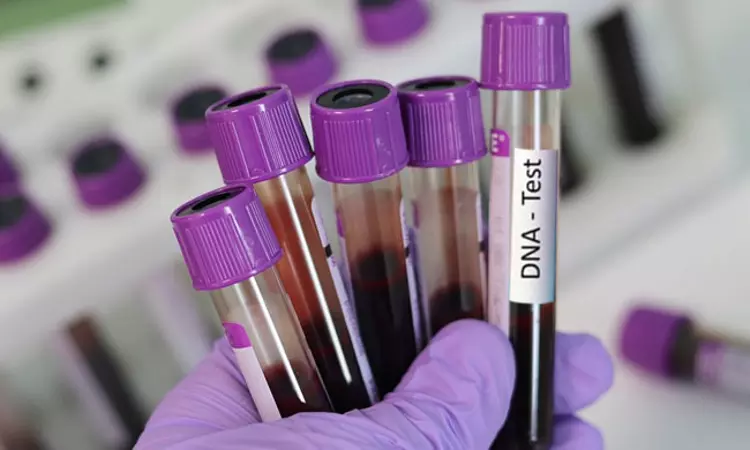The Kerala High Court has stated that neither the CrPC nor the Bharatiya Nagarik Suraksha Sanhita (BNSS) gives exception from DNA profiling on the ground that the accused and victims are siblings.The accused and victim here are siblings, and the accused is alleged to have committed offences punishable under Sections 376, 376(3) (punishment for rape) of the IPC, Section 5j(ii)...

